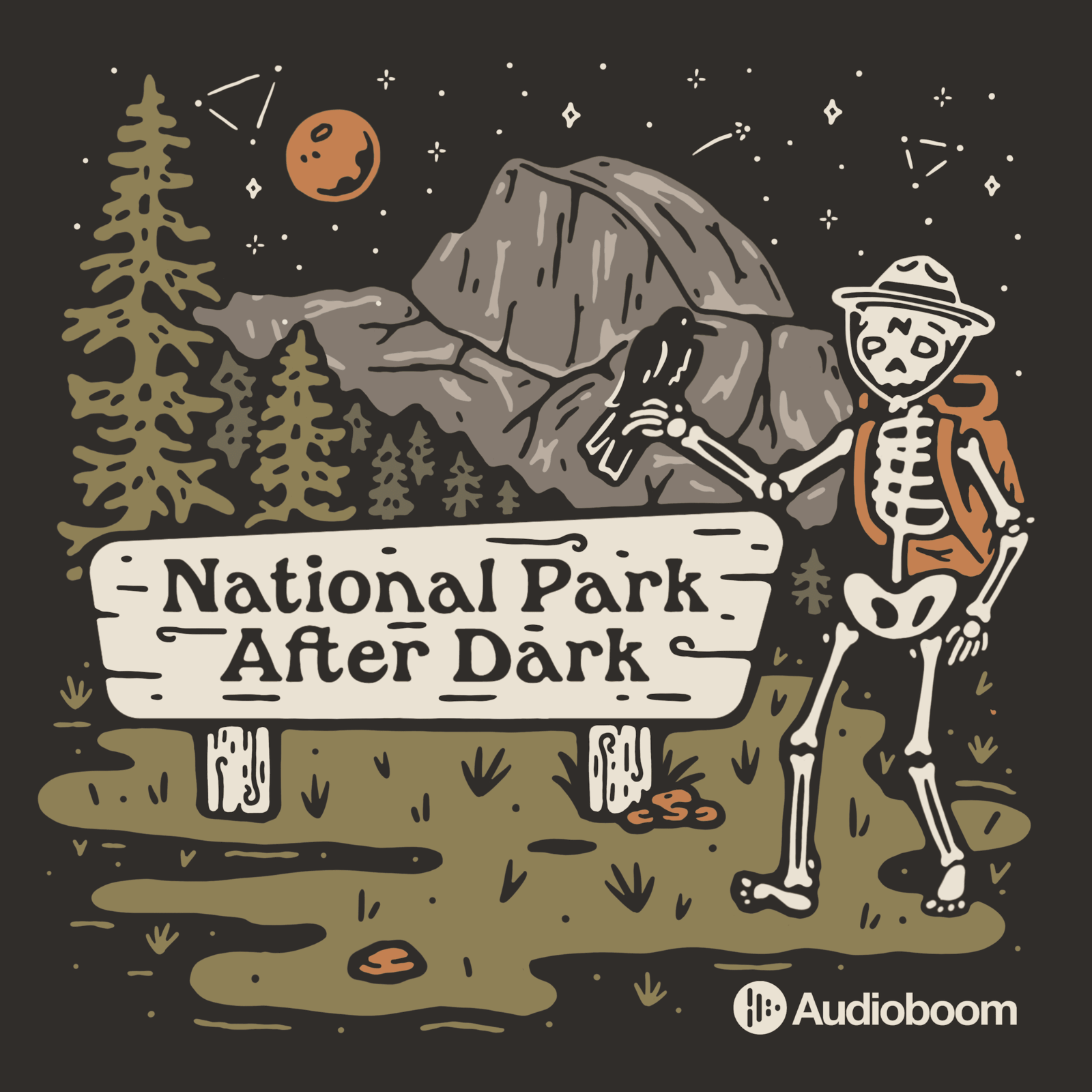52: The Man-Made Man-Eater. Jim Corbett National Park.
Podcast: National Park After DarkPublished On: Mon Jan 10 2022
Description: This week we cover the story of the Champawat tiger, the most deadly animal on record. In this week's episode Danielle tells us the tragic tale of this tiger, the lives she claimed and how it all began. A morbid story no doubt, but there is so much more to it than that. Underneath its terrifying outer skin, this story has layers of discussion regarding the repercussions of irresponsible wild land management, a sobering history of hunting in India and consequences of our collective actions - but with a twist. Jim Corbett was the Champawat's deadliest adversary, but eventually, he stood as her fiercest protector. Learn how Jim Corbett National Park came to be, and what we can do to be better stewards of our planet and those who share it with us through one of the most tragic stories in history. (Highly recommended) Book for this episode: No Beast So Fierce: The Terrifying True Story of the Champawat Tiger, the Deadliest Animal in History. For a deeper dive into Jim Corbett and the Tigers of Asia, Jim Corbett National Park and their conservation efforts as well as what you can do to help wild tigers, please visit Jim Corbett National Park and WWF We love our National Parks and we know you do too but when you're out there, remember to enjoy the view but watch your back. Please take a moment to rate and subscribe from wherever you’re listening to NPAD! Become part of our Outsider family on Patreon to gain access to ad-free episode, bonus content and more. Follow our socials Instagram, Facebook , and Twitter. To share a Trail Tale, suggest a story, access merch and browse our book recommendations - head over to our website. Thank you so much to our partners, check them out! Chirp Wheel: 10% off Prose: 15% your first order Apostrophe: $15 your first visit Sources: No Beast So Fierce by Dane Huckelbridge, WWF, Jim Corbett National Park, Wikipedia
The note was deleted
The note was saved
Your message was sent
